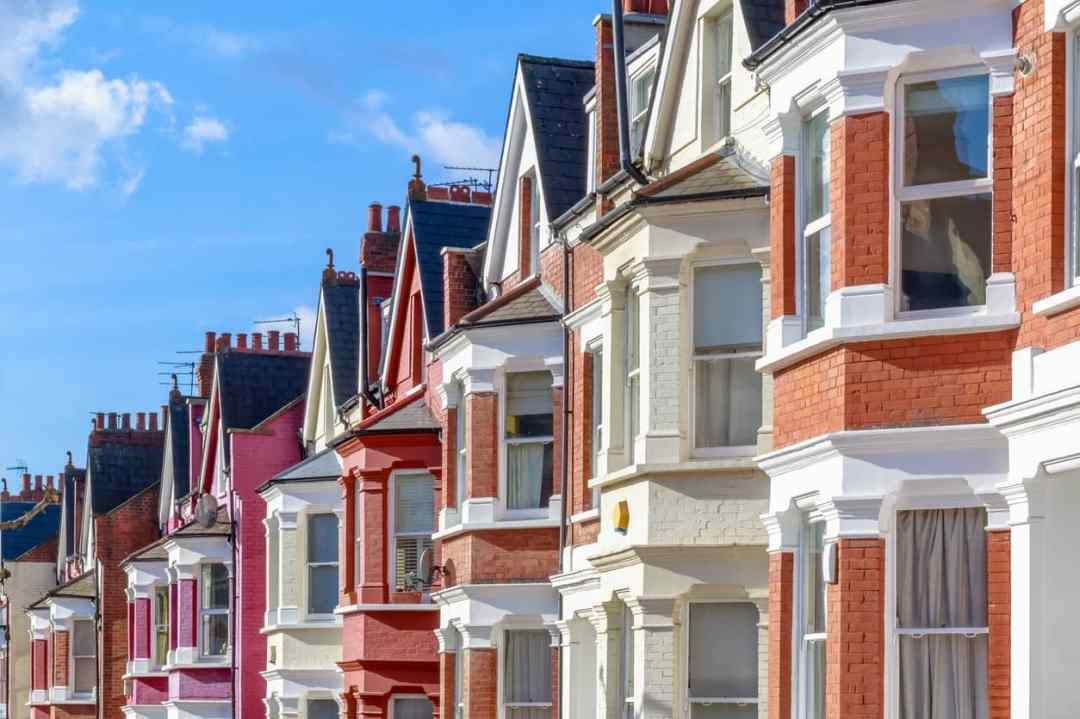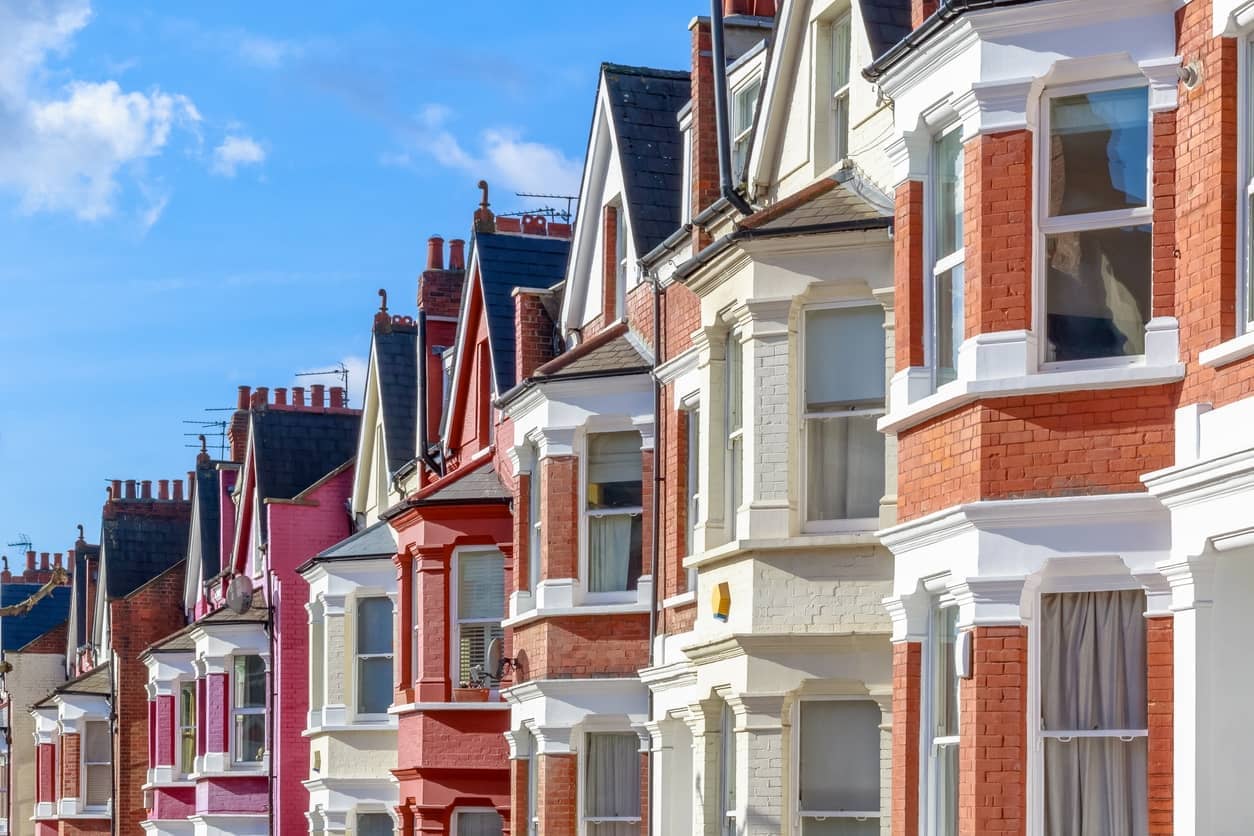Just what would finally bring the seemingly endless boom in house prices to a halt? A global banking crisis which resulted in the collapse of several large institutions plus others having to be bailed out by the government? A pandemic which cost the lives of over 100,000 people in Britain, led to the enforced closure of most shops and contracted the UK economy by nearly 20 per cent in a year?
Had you raised either scenario when the market was racing ahead in the mid-2000s there would have been a general assumption that yes, either would have been fatal, leading to a house price crash. Sure enough, the first of these – the 2008/09 banking crisis – did lead to a sharp fall in prices, albeit one which was rapidly reversed in London and the South East. But the second? The idea that a pandemic can have sparked a housing boom would have seemed absolutely mad.
That is to forget, however, what has really been driving the housing market for the past three decades: cheap money. Interest rates have been on a long downward trend for all the time that the market has been rising. To understand how prices have become so high you have to look not at prices themselves, nor their ratio to annual earnings but to the cost of servicing a mortgage. On that metric, prices are really no higher than they were three decades ago – if prices have more than quadrupled in many cases, that has to be set against mortgage rates plunging by three quarters.
We have had a 30 year property boom because we have not had a prolonged period of rising interest rates in all that time. The pandemic sparked a resurgence in prices because the Bank of England slashed its base rate as an emergency measure – that and because the Chancellor introduced a stamp duty holiday, the time-limited nature of which sparked people to rush and try to beat the deadline. That deadline, though, has now passed without provoking any fall in prices – indeed, the Halifax house price index, which is based on data from mortgage approvals rather than completed sales, showed anther rise of 1.7 per cent in September, taking annual inflation to 7.4 per cent.
If you were trying to conceive an event which really would bring the housing boom to an end, don’t look to disasters, economic, medical or natural. If anything were to do the trick it would surely be a prolonged period of rising interest rates. That really would change the dynamics, increasing the cost of servicing a mortgage and making homes unaffordable. So have we reached such a time? With inflation now expected by many to peak at over six per cent next year it is easy to argue that the era of cheap money really ought to be at an end. The Bank of England is, after all, supposed to be charged with keeping the Consumer Prices Index between one and three per cent – although for the moment it argues that the blip in inflation will be only temporary.
But don’t bet on a sustained rise in interest rates even if inflation does reach such levels and stay there for a bit. The long housing boom has planted a very large bomb beneath the economy. In 2008, we saw the havoc created for banks when ‘secured’ loans turned out not, in fact, to be secured. That problem hasn’t gone away – indeed, as house prices have been pumped up even further, so the bomb has been packed with even greater explosive power.
This leads to a conundrum: if inflation did remain stubbornly high so as to justify significantly higher interest rates than we have now, thus threatening to detonate the housing market bomb, would the government continue to instruct the Bank of England to keep on trying to stick to a two per cent inflation target? Or would it relax the target, thus trying to stave off a housing crash?
My guess is that initially at least it would take the latter course – tolerating a higher level of consumer inflation in order to try to prevent housing deflation. How long it could sustain that I am not sure. But either way, don’t expect the government to sit idly by while the housing market crashes. Over the past couple of decades governments of both colours have repeatedly come up with wheezes to keep the housing market afloat. The present administration would almost certainly try to come up with wheezes of its own.







Comments